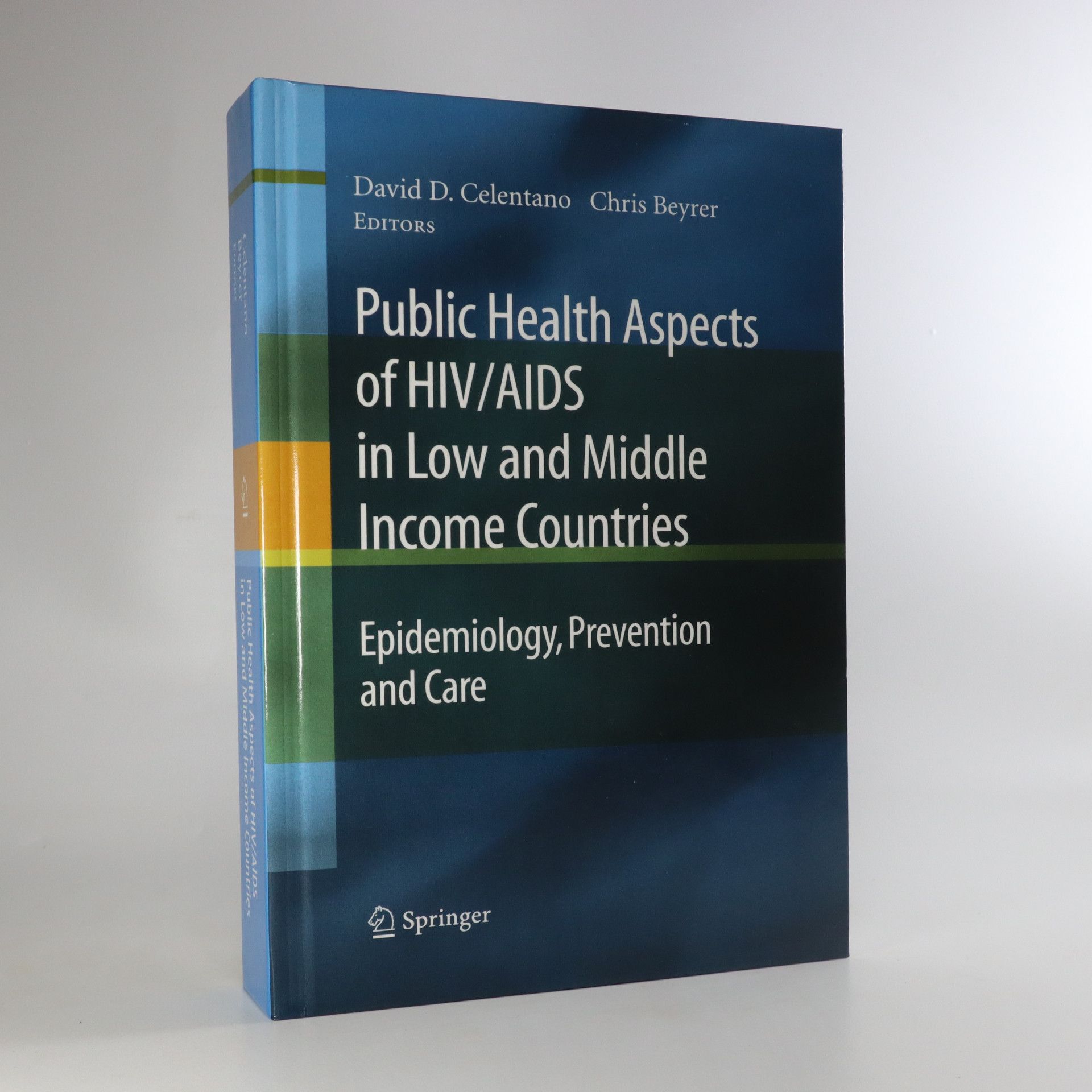Více o knize
It has been 25 years since the pivotal CDC report on what became known as HIV/AIDS, which has now affected nearly all countries and severely impacted global public health and medical care systems. The epidemic has disproportionately burdened nations with limited resources, particularly in Sub-Saharan Africa, South and Southeast Asia, and Eastern and Central Asia. This pandemic has uniquely influenced public health practices by involving affected communities in decision-making, fostering North-South partnerships, and altering the conduct of clinical and prevention trials. Despite extensive scholarly work on medical and epidemiologic aspects, there is a lack of comprehensive reviews addressing the public health impact and responses to HIV/AIDS in the developing world. This edited volume aims to systematically examine the emergence of the epidemic, the social and political responses, and various strategies to confront it, highlighting successes and failures. It will also compare effective strategies in one region with less successful initiatives in neighboring areas. Central to these efforts has been the international multi-sectoral response, including the Global Fund for HIV/AIDS, Malaria and Tuberculosis, the President's Emergency Plan for AIDS Relief, and the Gates Foundation, focusing on promoting HIV treatment in resource-poor settings. Contributors will analyze the political challenges of addressing HIV/AIDS prevention and
Nákup knihy
The public health aspects of HIV/AIDS in low and middle income countries, David D. Celentano, Chris Beyer
- Jazyk
- Rok vydání
- 2008
- product-detail.submit-box.info.binding
- (pevná)
Doručení
Platební metody
Tady nám chybí tvá recenze.
